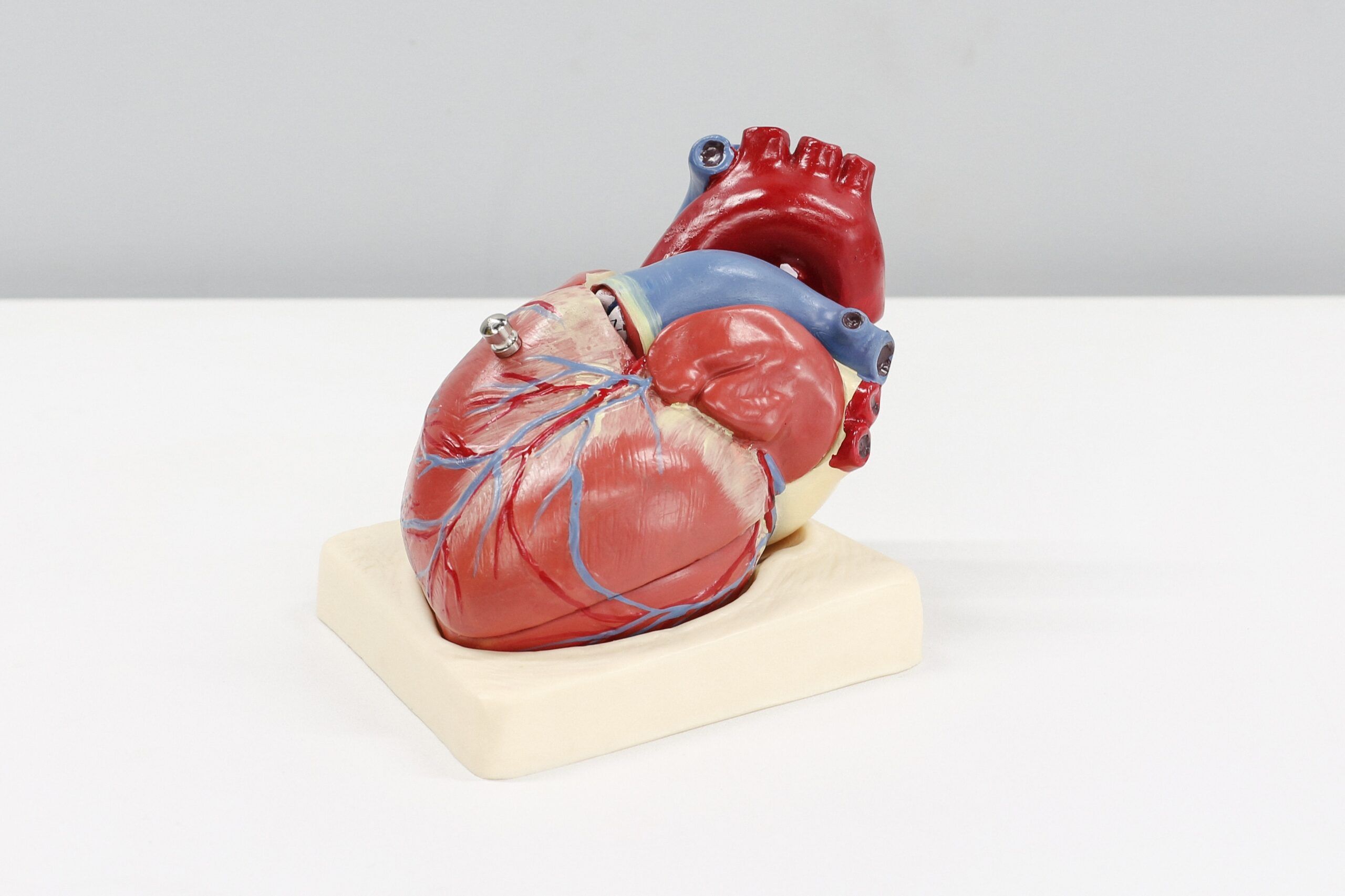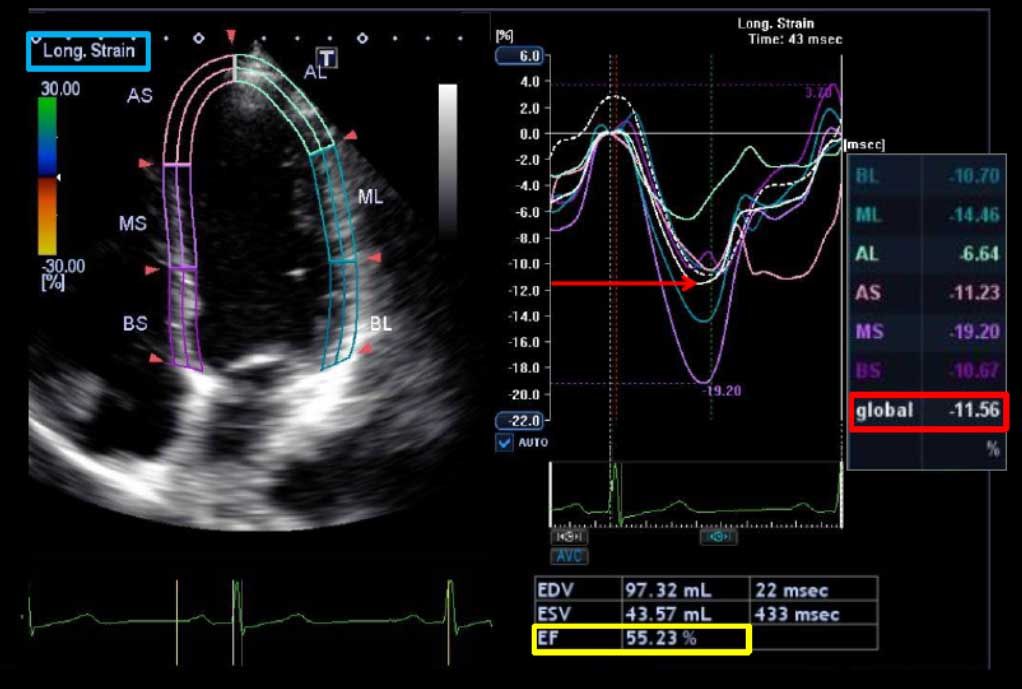Heavy coffee consumption linked with increased risk of all-cause death
Previous studies had suggested an association between heavy coffee consumption and all-cause mortality and coronary heart disease, but many of these older studies are compromised, because heavy coffee drinkers were also smokers, two habits that went hand in hand. When adjusted for smoking, the coffee didn’t appear to be very toxic, and most of the later studies suggested that coffee consumption wasn’t harmful. In fact, there are some potential benefits of coffee; there are studies suggesting coffee might protect against heart failure, diabetes, stroke, and other conditions.
In this latest study, which is published online August 15, 2013 in the Mayo Clinic Proceedings, lead investigator Dr Junxiu Liu (University of South Carolina, Columbia) and colleagues assessed the data from the Aerobics Center Longitudinal Study. The retrospective analysis included 43 727 participants followed for a median of 17 years, during which time 2512 deaths occurred. Of these deaths, 32% were the result of cardiovascular disease.
Drinking more than four cups of coffee per day is linked with increased risk of all cause of death, a new study suggests. Researchers report that heavy coffee consumption, defined as more than 28 cups of coffee per week, is associated with an increased risk of all-cause mortality among men.
For men and women 55 years of age and younger, the association between heavy coffee consumption and all-cause mortality is more pronounced.
The study authors explained that a massive acute dose of caffeine raises the pulse and blood pressure and that can be toxic.
Despite the limitations of the study, the authors suggested that people who report intakes of low amounts of coffee are not getting significant harm, and that’s up to about 28 cups a week (they pointed out that a cup of coffee as measured is an 8-oz cup, and not the supersized 20-ounce cups typical of Starbucks and other coffee chains).
In a multivariate analysis, men who drank more than 28 cups of coffee had a statistically significant 21% increased risk of all-cause mortality. In women, the risk was not statistically significant. In men younger than 55 years of age, drinking more than 28 cups per week was associated with a 56% increased risk of death compared with nondrinkers. In younger women, such heavy consumption increased the risk of death 113% compared with those who did not drink coffee.
Overall, there was no association between coffee consumption and cardiovascular mortality.
The authors could not explain the reason why noncardiovascular mortality is increased. The noncardiovascular mortality includes a lot of different things; it includes cancer and mortality from suicides, accidents and infections. Why would a high amount of coffee increase noncardiovascular mortality, particularly in young people? The mechanism is not clear. It might be only an association.
Dr. Lavie, one of the study authors, suggests that coffee is relatively safe if people limit themselves to less than four cups of coffee per day. For those who consume more, Lavie said the research is not intended to scare anyone, but it can’t hurt for people to think about the association.
SOURCE:
Liu J, Sui X, Lavie CJ, et al. Association of coffee consumption with all-cause and cardiovascular disease mortality. Mayo Clin Proc 2013; DOI:10.1016/j.mayocp.2013.06.020.


